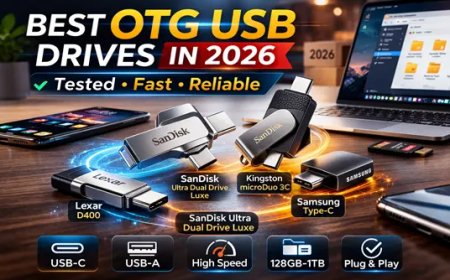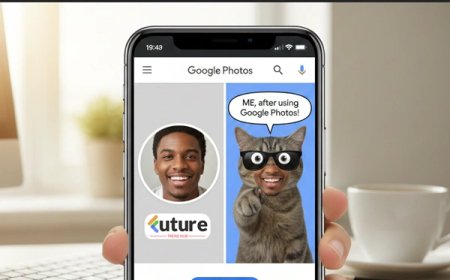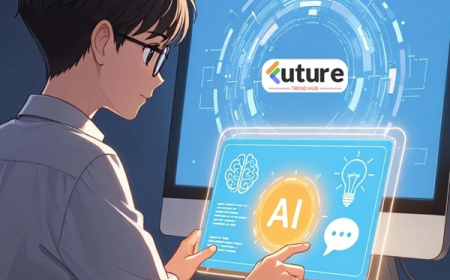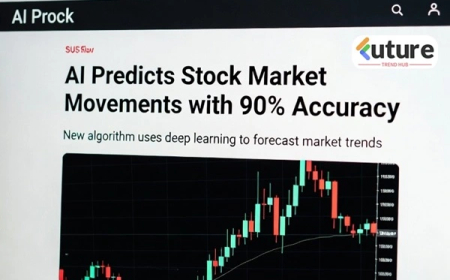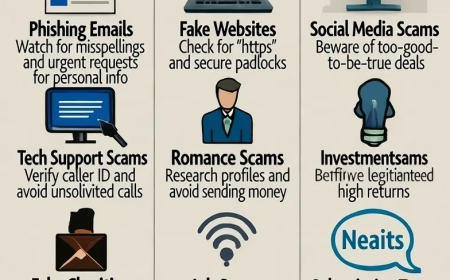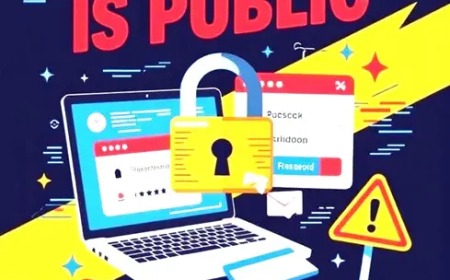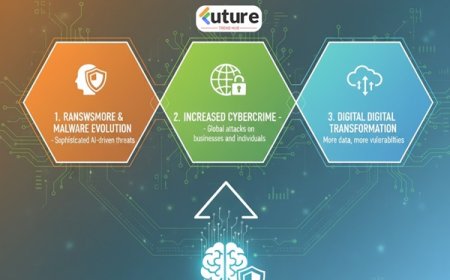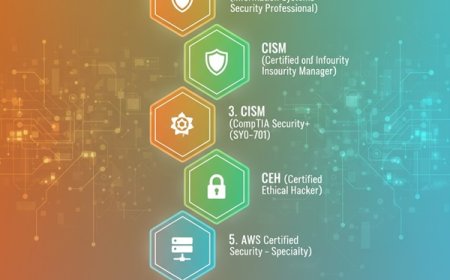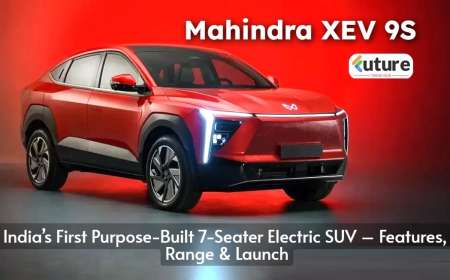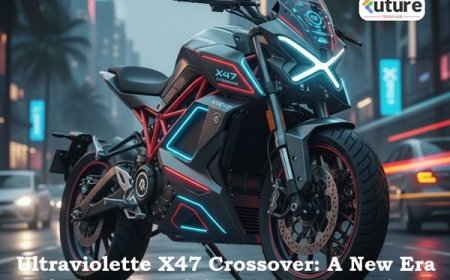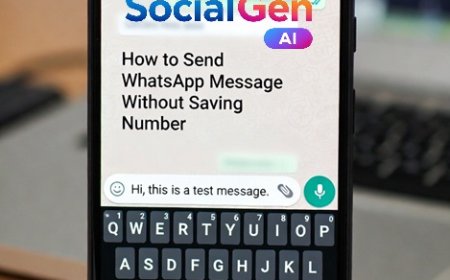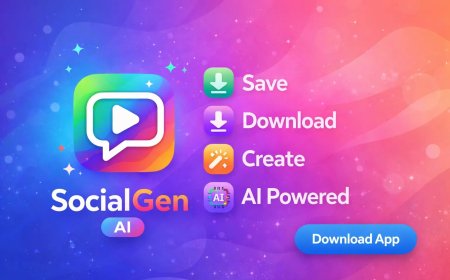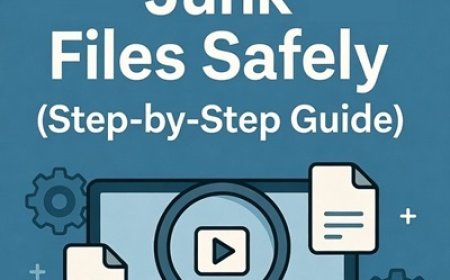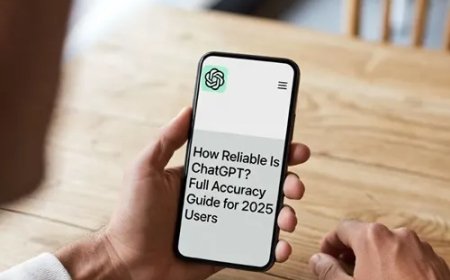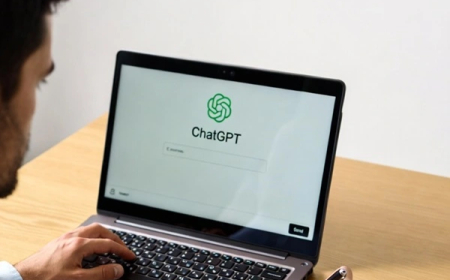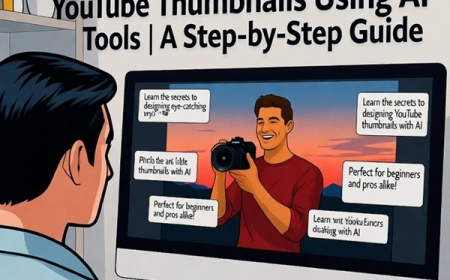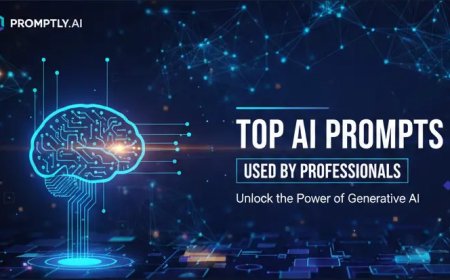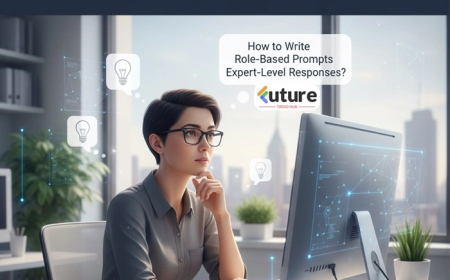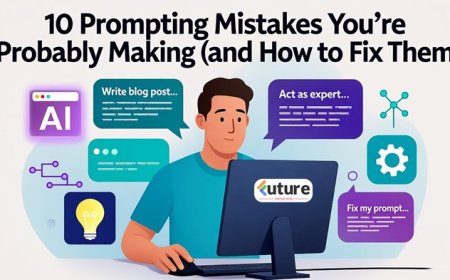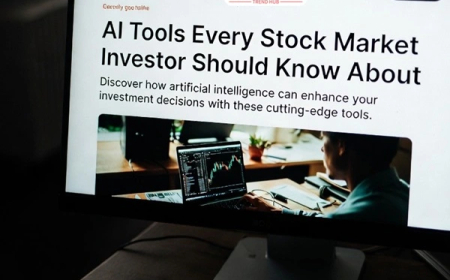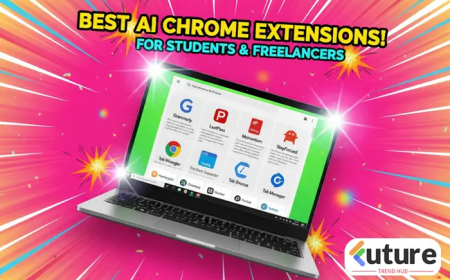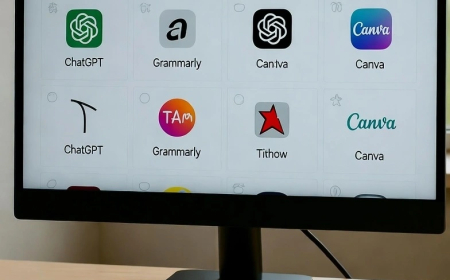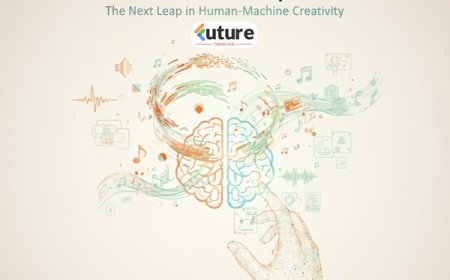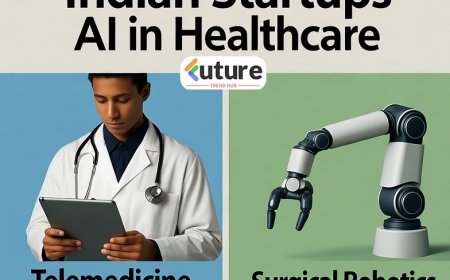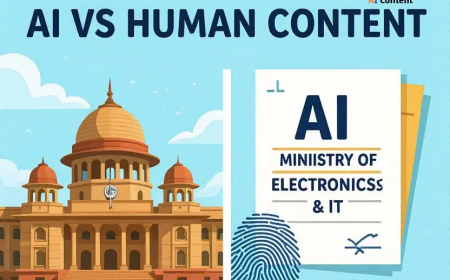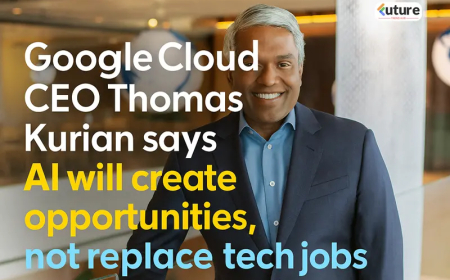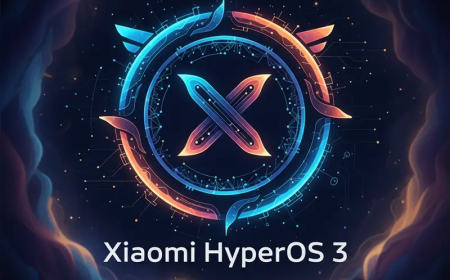Will AI Replace Search Engines by 2030? The Future of Search in the Age of Intelligent Assistants
By 2030, artificial intelligence could completely redefine how we find information. Discover how conversational AI, personalization, and generative search might challenge — or even replace — traditional search engines like Google.
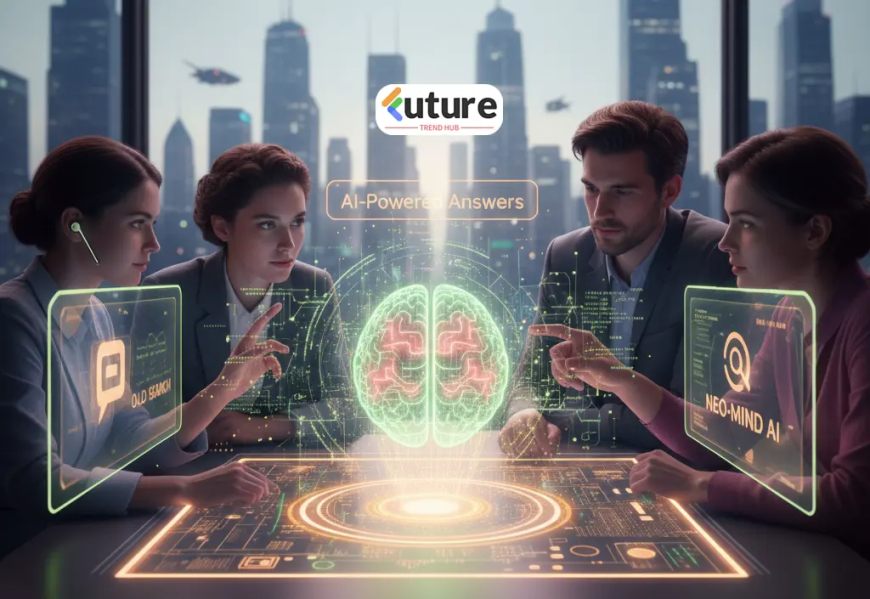
🌐 Will AI Replace Search Engines by 2030?
It’s a familiar scene — you open your browser, type a few words into Google, and within seconds, you’re staring at millions of results. But lately, something feels different. Instead of ten blue links, you’re getting conversational answers, summaries, and even personalized insights.
So here’s the big question everyone’s asking: will AI actually replace search engines by 2030?
Let’s unpack that together.
🧭 The Changing Landscape of Search
Search engines as we know them were built for a web that was mostly static — pages linked to pages, keywords mapped to results. But that world is fading fast.
Today, tools like ChatGPT, Perplexity, Gemini, and Claude aren’t just “search engines.” They’re thinking companions, capable of understanding intent, analyzing context, and generating answers that feel human.
Instead of sending you to ten different websites, they become the destination.
That’s a profound shift — one that could make the search box itself obsolete.
💬 From Search to Conversation
Traditional search is reactive: you ask, it answers.
AI-driven search, however, is interactive.
Imagine this:
You ask your AI assistant — “Find me the best budget laptop for design students.”
Instead of giving you 30 links, it:
-
compares reviews from multiple tech sites,
-
filters by your price range,
-
checks which models are available near you,
-
and even explains why one option fits your needs best.
That’s not search — that’s conversation, powered by context and memory.
By 2030, this is what “searching” might look like: no queries, no results — just a natural dialogue with your personal AI.
⚙️ Why AI Might Not Fully Replace Search Engines
Now, before we write Google’s obituary, let’s be realistic. AI still relies heavily on search data to learn and generate responses. The web remains its foundation.
There are also challenges:
-
Accuracy & misinformation: AI can confidently generate wrong answers (the “hallucination” problem).
-
Transparency: Users often don’t know where AI gets its information.
-
Monetization: Ads still fund the internet — and AI hasn’t figured out how to replace that model.
-
Privacy: Personalized AI means massive data collection — a double-edged sword for user trust.
So instead of replacement, we might see evolution — search engines becoming AI-first platforms, blending human-like conversation with verified web results.
Google’s Search Generative Experience (SGE) and Microsoft’s Copilot integration with Bing are already early versions of this hybrid future.
🔍 2030: The Rise of the “Personal Knowledge Engine”
By the end of this decade, we may not use “search engines” at all. We’ll have AI knowledge companions that:
-
remember what we like,
-
understand our tone and habits,
-
and proactively fetch information before we ask.
Instead of typing “weather tomorrow,” your AI assistant might already say,
“Hey, looks like it’ll rain during your 7 a.m. run — want me to move your workout indoors?”
That’s the post-search world — where AI isn’t just answering questions, it’s anticipating them.
🤖 The Human Factor: What We Still Need
Even as AI becomes smarter, there’s one thing it can’t fully replicate — human curiosity.
Search is about exploration, not just answers. People still want to compare opinions, dive into forums, or read authentic reviews.
In other words, AI might handle the “what,” but humans still control the “why.”
That means creators, journalists, and thinkers remain critical — not as data sources, but as voices shaping how AI understands truth.
🧩 So, Will AI Replace Search Engines by 2030?
Probably not replace, but definitely redefine.
By 2030, we’ll move from “searching for information” to “interacting with intelligence.”
Search engines won’t vanish — they’ll evolve into ecosystems where AI acts as the interface between humans and the web.
The question won’t be “Which search engine should I use?”
It’ll be “Which AI understands me best?”
🏁 Final Thoughts
The race isn’t between AI and search engines — it’s between old habits and new intelligence.
We’re witnessing the rebirth of search, where curiosity meets computation and conversation replaces clicks.
2030 isn’t the end of search.
It’s the beginning of understanding.
What's Your Reaction?
 Like
0
Like
0
 Dislike
0
Dislike
0
 Love
0
Love
0
 Funny
0
Funny
0
 Angry
0
Angry
0
 Sad
0
Sad
0
 Wow
0
Wow
0
